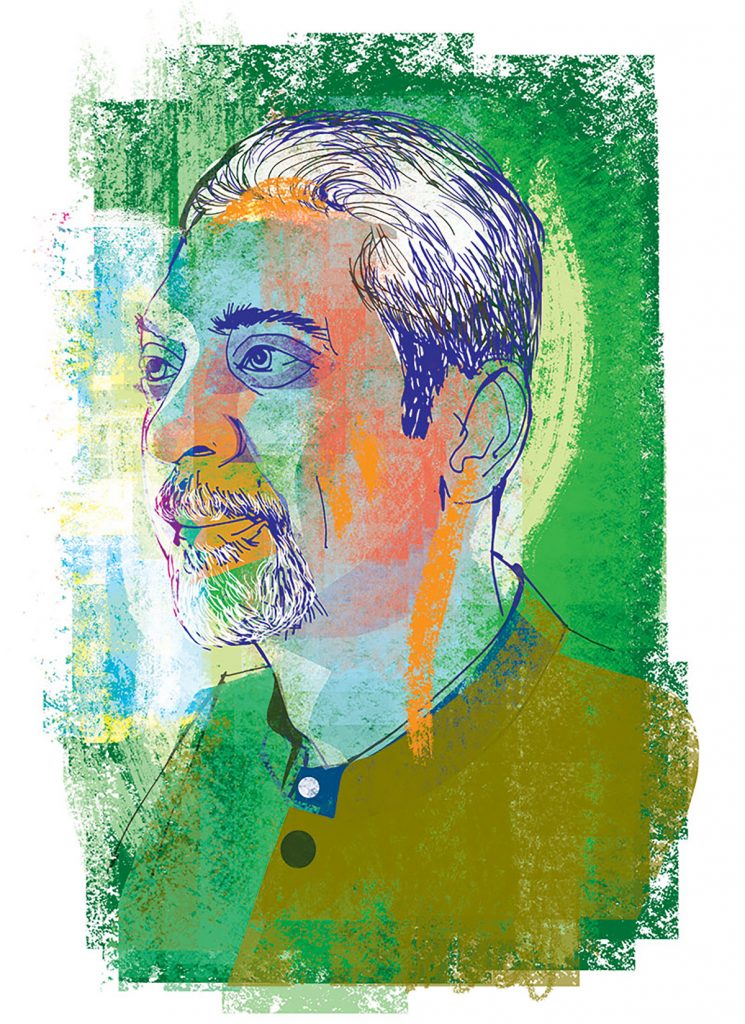
“When it comes to mental health, all countries can be thought of as developing countries.” That was the dispiriting message in an October 2018 report from The Lancet Commission on Global Mental Health and Sustainable Development. Over the last decade, the global burden of disease attributable to mental disorders has risen; human rights violations and abuses of people with mental illness continue; and the quality of services is routinely worse for mental health than for physical health.
Psychiatrist Vikram Patel, lead author of the report and professor in the Department of Global Health and Population at the Harvard T.H. Chan School of Public Health, reflects on how care for mental health disorders could be improved.
“One common problem around the world is the strong medical model used today for mental illness—the idea that people either have or don’t have a mental disorder, in the same way that they have or don’t have HIV or TB. But you can’t divide the population so neatly into people with and without these disorders; mental ill health lies on a continuum.
Most people who, under today’s guidelines, would be diagnosed with a mental illness—particularly, mood and anxiety and trauma-related conditions, which are the bulk of mental health problems—actually see their problems in the context of their personal life narrative. The last thing they want is a psychiatric diagnosis slapped onto them, on top of all their personal life difficulties. This is especially true in non-Western populations, where psychiatric concepts have not been accepted by large proportions of the community.
So as mental health professionals, we need to nuance our distinctions between well-being, emotional distress caused by life circumstances, and true clinical disorders. A significant proportion of the people whom we call mentally disordered are really having emotional distress due to difficult circumstances. The help they need is not necessarily biomedical, and the recognition they deserve doesn’t require a diagnostic label. If you lose your job, you may meet all of the criteria of depression. But does it really help to give you a pill and a diagnosis? No. What you need is psychological therapy with social support, delivered by someone with whom you can identify, in a context that is immediate and easily accessible and affordable.
That distinction between difficult life circumstances and true mental disorders would also allow society to free up scarce mental health specialist resources to care for those who are severely ill. I prefer the word ‘care’ to ‘treatment,’ because ‘treatment’ is too clinical. At the extreme end of the spectrum, people with serious mental disabilities need more than drugs and psychological therapies. They need social interventions: housing and social support, friends, peers, etc. That is genuine ‘care.’”
– Madeline Drexler is editor of Harvard Public Health
Illustration: John Jay Cabuay







